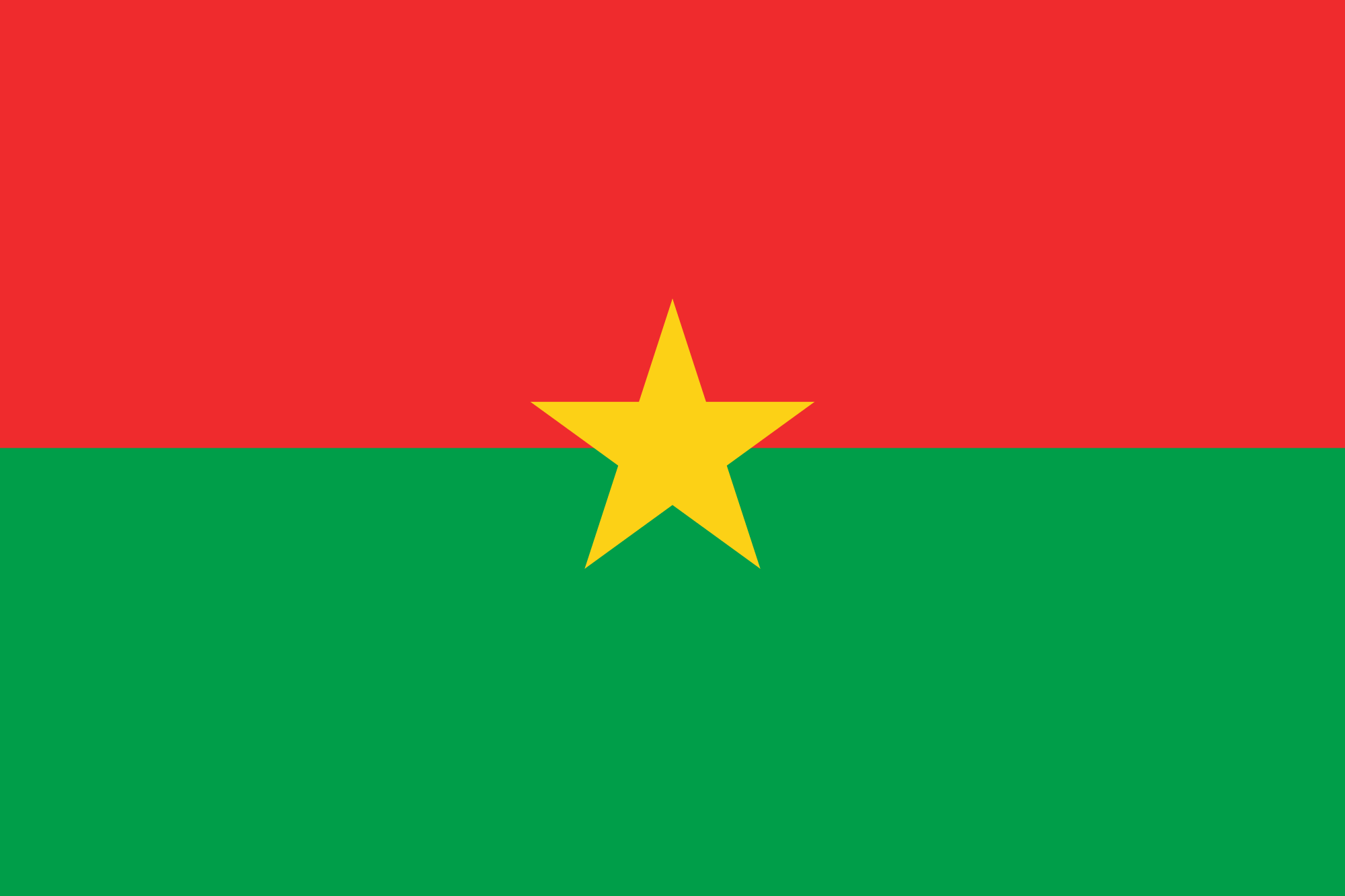Burkina faso, the Land of Honest People is a french speaking, West african country, formerly known as Upper Volta. it is a landlocked country which borders ghana, mali, ivory coast, togo, Benin and niger. the country is known to have heavy deposits of minerals such as manganese and gold and also resources of copper, iron ore, cassiterite (tin ore) and phosphates. Burkina faso has a stable government, decent infrastructure and an economy which is favourable to foreign trade.
ATTRACTIVENESS OF THE ECONOMY
The attractiveness of the “Country of the upright people” is the result of its specific historical position at the crossroads between the north and the south of the sudano-sahelian world, between sedentary populations of the savannahs and the nomadic populations of the sahel, between the farmers’ and the pastoralists’ traditions.
Foreign investors who wish to settle or establish their business in Burkina Faso can be assured to be in the right country, rich of its diversity and religious tolerance and with people living in a tradition of jokes among themselves.
With its 16 million inhabitants, the population of Burkina Faso represents a clear comparative advantage: advantage linked to the population as a critical consumption mass and a pool for manpower; advantage linked to the youth of the population because of the dynamism potential of this factor.
Open to the countries of the sub region with which it shares six borders, Burkina Faso has got a strong regional identity strengthened by seasonal mobility of the Burkinabe, the establishment and integration of important foreign communities, its membership in all the regional organizations for regional cooperation, and the political choice of the authorities to promote integration.
Burkina has been able to take advantage of its position as West African hub by developing performing logistic functions in the areas of road infrastructures, telecommunications and service.
A PICTURE OF BURKINA FASO’S PRODUCTIVE SECTORS
Agriculture
Agriculture takes on a key position in the economy of Burkina Faso. Between 1994 and 2009, structural reforms, sound macroeconomic policies, and steady investment enabled Burkina Faso to sustain significant growth rates and maintain relative macro-economic stability. In 2010 the Government adopted a five-year Strategy for Accelerated Growth and Sustainable Development (SCADD) centered on anticipating areas and value chains for the acceleration of growth and job creation through private investments and diversified high value production.
Investment Opportunities:
Strengthening of irrigationinfrastructure;
Economic valorization of yields and reinforcement of services related to the mobilization of water resources;
The production of seeds, fertilizers, bio-fertilizers and other agricultural inputs;
The services and support of agricultural mechanization tools;
The production and processing of seedlings;
The production and processing of fruits;
Services related to the certification of the quality of goods;
Increasing the offer of high-level training in agriculture;
All products and services related to the conservation and presentation of the final commercial products (packaging, preservatives).
Mining
Gold is everywhere on the entire national territory beside many other minerals, including zinc, manganese, copper, iron.
Investment opportunities:
In addition to the mines under exploitation or construction, there are minerals in many other untapped sites containing manganese, zinc, copper, limestone, phosphate, bauxite etc.
They are exploited by the private sector due to the liberalization of this sector.
Energy
Energy Profile and Market:
Partial withdrawal of the state in favor of private investors;
Total liberalization with the possibility for private investment in the production and distribution of electric power;
The adoption of legislation allowing the private to realize energy production infrastructure through PPP formulas;
The possibility of direct exploitation by the private sector in the context of rural electrification.
Investment Opportunities:
Private investors are expected in the production of electricity by any formula in the context of Public-Private Partnership (PPP):
Construction and operation of solar power plants of medium and large production capacity;
The construction and operation of thermal power plants;
Installation of production or assembly units of PV modules. The construction of large production capacity solar power plants;
The construction of thermal power plants;
The creation of the assembly of PV modules units;
Completion of the Noumbiel hydroelectric dam;
Pre-electrification of villages by solar photovoltaic systems;
Completion of the hydroelectric dam Samandéni for a power of 60 megawatts (MW) for a production of 7 giga watt hours (GWH) and at an estimated cost of 200 billion CFA francs.




